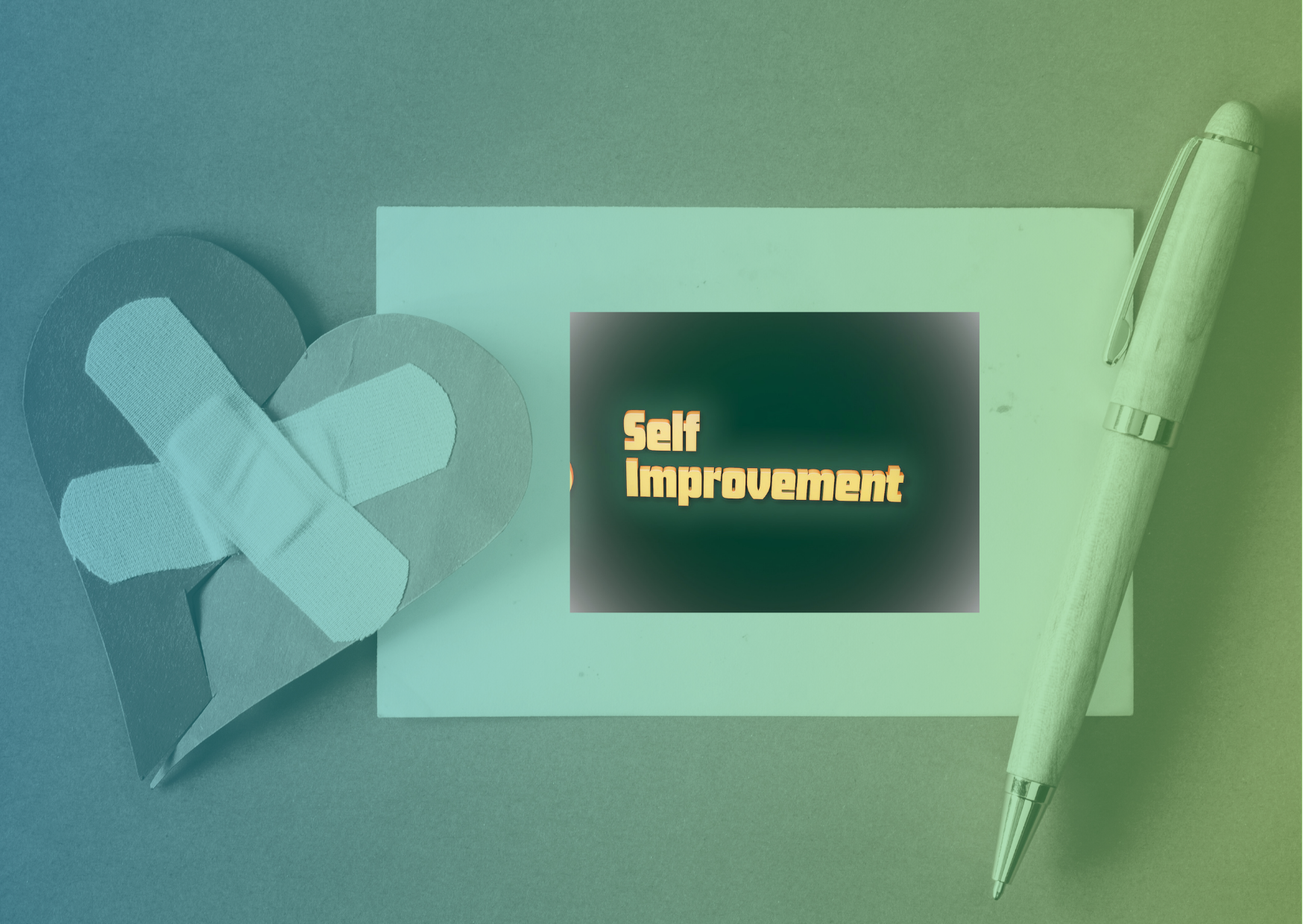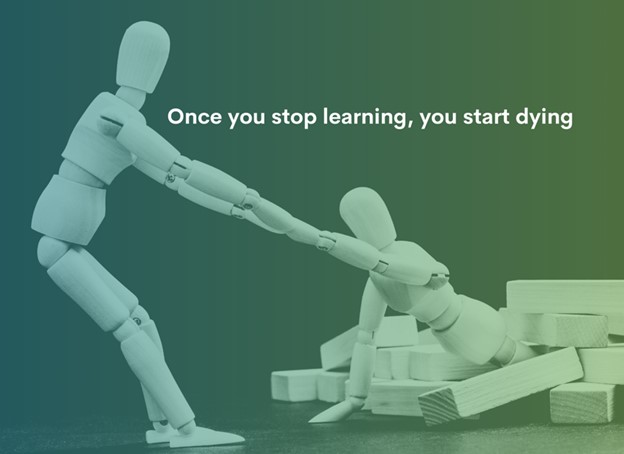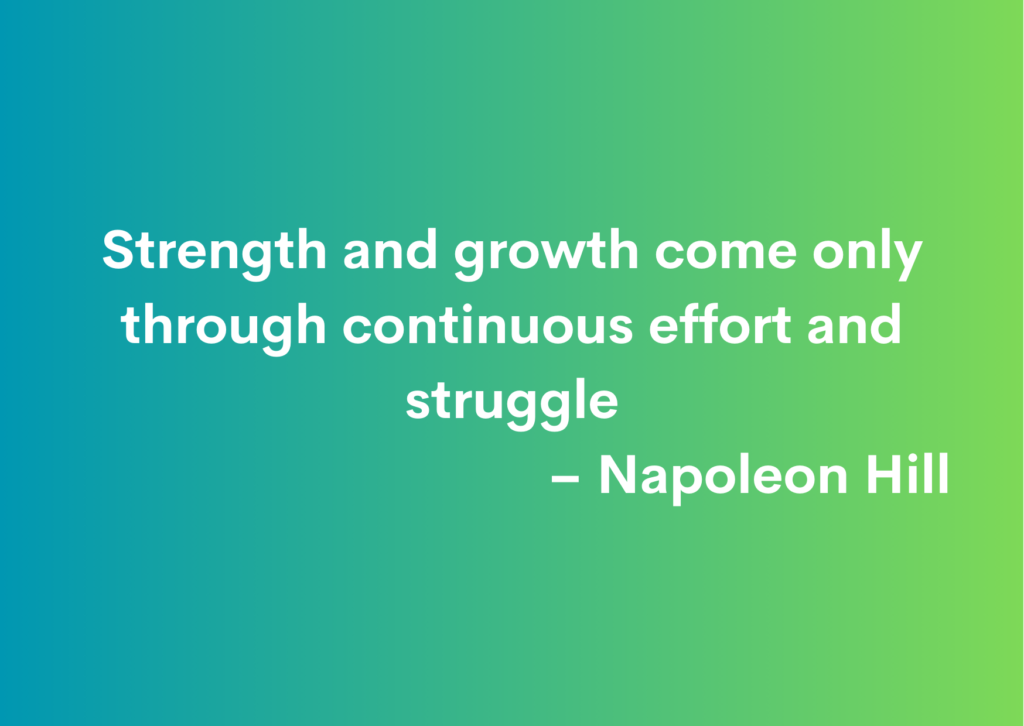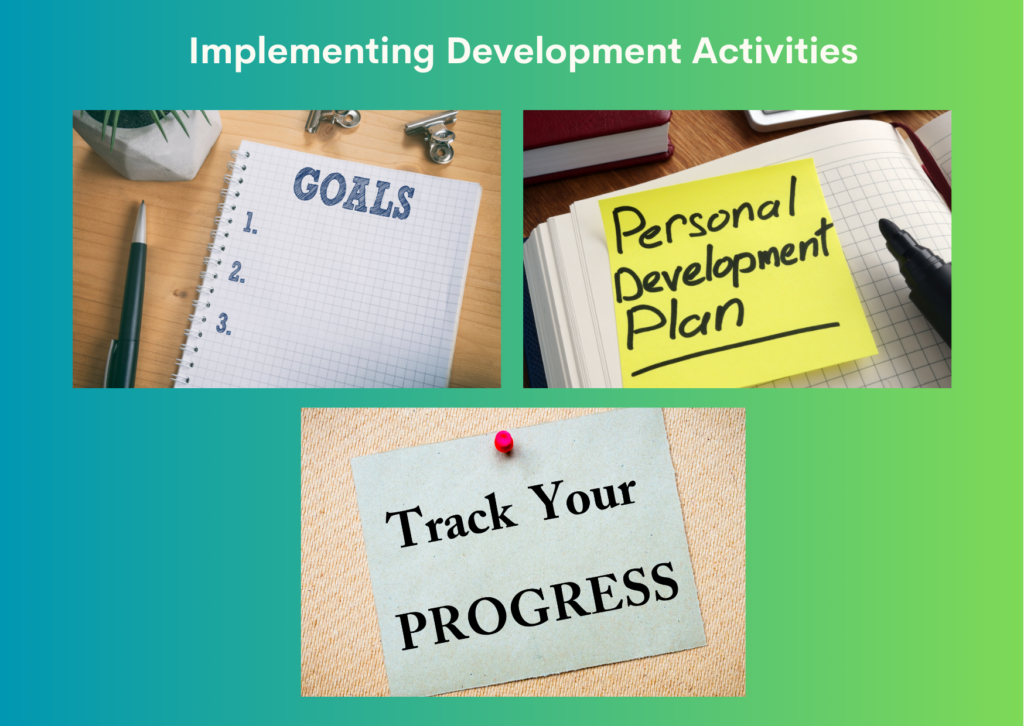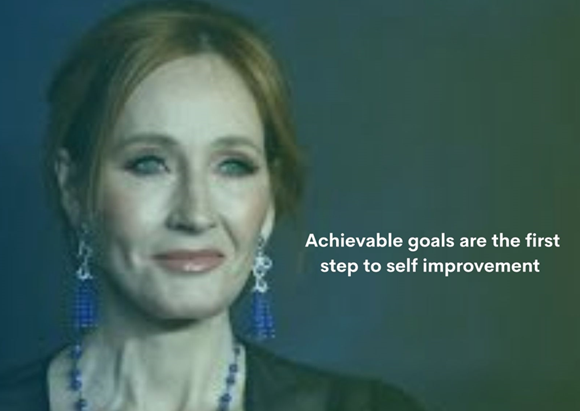Introduction
One of the most frequently asked questions is, “What are the best development activities for self-improvement?”
The answer lies in understanding that self-improvement is a continuous journey, and the best development activities for self-improvement align with your personal goals and lifestyle.
These can include mindfulness practices like meditation, intellectual growth through reading and education, physical fitness routines, and engaging in hobbies that bring you joy.
Development activities for self-improvement are essential for personal growth and a fulfilling life. This article explores the different types of development activities, their benefits, and practical tips for incorporating them into your daily routine.
What Are Development Activities for Self-Improvement?
Definition and Importance
Development activities for self-improvement refer to structured efforts aimed at enhancing various aspects of an individual’s life. These activities can range from emotional and intellectual growth to physical and social development.
The importance of these activities lies in their ability to foster a well-rounded and balanced life, leading to greater satisfaction and success.
Difference Between Training and Development Activities
While training focuses on acquiring specific skills for immediate application, development activities are broader and aim at long-term personal growth.
Training is often job-specific, whereas development activities encompass a wide range of areas, including emotional intelligence, physical fitness, and social skills.
The 7 Key Areas of Self-Development
Emotional Development
Emotional development involves understanding and managing one’s emotions effectively. Activities such as mindfulness and therapy can help enhance emotional intelligence and resilience.
Intellectual Development
Intellectual development focuses on expanding one’s knowledge and cognitive abilities. Engaging in continuous learning, reading, and problem-solving activities is crucial for intellectual growth.
Physical Development
Physical development is about maintaining and improving physical health through regular exercise, proper nutrition, and adequate rest. Physical fitness activities contribute to overall well-being and energy levels.
Social Development
Social development involves building and maintaining healthy relationships. Activities like networking, socializing, and improving communication skills are essential for social growth.
Engaging in these activities not only enhances your interpersonal connections but also helps you build a supportive community that contributes to your overall well-being.
Spiritual Development
Spiritual development is about finding purpose and meaning in life. Practices such as meditation, prayer, and reflection can enhance spiritual well-being, providing a deeper sense of peace and fulfilment.
This area of development helps you align your actions with your values, leading to a more purposeful life.
Professional Development
Professional development focuses on career growth and skill enhancement. It includes activities like attending workshops, pursuing further education, and seeking mentorship.
These efforts can help you advance in your career, increase job satisfaction, and open up new opportunities.
Personal Hobbies and Interests
Engaging in personal hobbies and interests is vital for a balanced life. These activities provide relaxation, creativity, and joy, contributing to overall happiness.
Whether it’s painting, gardening, or playing a musical instrument, hobbies allow you to express yourself and unwind from daily stresses.
How Development Activities Boost Self-Improvement
Enhancing Emotional Intelligence
Development activities such as mindfulness and emotional regulation techniques can significantly enhance emotional intelligence.
This improvement leads to better interpersonal relationships, greater self-awareness, and the ability to manage emotions more effectively, which are all crucial for personal and professional success.
Building Mental Strength and Resilience
Engaging in challenging activities and facing adversity head-on helps build mental strength and resilience. These traits are crucial for handling life’s challenges more effectively, allowing you to bounce back from setbacks and maintain a positive outlook.
Developing a Growth Mindset
A growth mindset is the belief that abilities and intelligence can be developed through dedication and hard work. Engaging in continuous learning and embracing challenges helps cultivate this mindset, leading to greater success and adaptability in all areas of life.
For a deeper understanding of how self-discipline and development activities can enhance personal growth, you might find this video below by Brian Tracy on The Power of Self-Discipline particularly valuable. Brian Tracy’s insights can add significant value to your journey of self-improvement.
Brian Tracy is a well-known motivational speaker and self-development expert, making this video a valuable resource for anyone looking to improve themselves through deliberate actions.
To deepen your understanding and continue your journey of self-improvement, consider exploring these highly recommended books:
- “The Power of Self-Discipline” by Brian Tracy – A must-read for anyone looking to develop the discipline needed to achieve their goals.
- The 7 Habits of Highly Effective People” by Stephen R. Covey – A timeless guide to personal and professional effectiveness that teaches you how to take control of your life and make meaningful changes.
Effective Development Activities for Self-Improvement and Personal Growth
Effective development activities for self-improvement and personal growth serve as the cornerstone for a fulfilling and balanced life.
By integrating mindfulness and meditation, continuous learning, physical fitness, journaling, and strong social connections into your daily routine, you can enhance various aspects of your well-being.
Mindfulness and Meditation
Practising mindfulness and meditation can help reduce stress, improve focus, and enhance emotional well-being. Regular practice of these techniques can lead to significant improvements in mental health, fostering a sense of calm and clarity in your daily life.
For instance, research published in the Journal of Psychiatric Practice found that mindfulness practices like meditation can reduce symptoms of anxiety and depression, while also improving attention and emotional regulation.
For a deeper dive into how mindfulness can enrich your life and practical tips on getting started, check out my previous blog post on “Life Awakening: Mindful Living Journey”.
Continuous Learning and Education
Lifelong learning is a key component of self-improvement. Whether through formal education, online courses, or self-study, continuously acquiring new knowledge and skills keeps your mind sharp and opens up new opportunities for personal and professional growth.
A study from the Harvard Business Review highlights the impact of lifelong learning on professional success. The study found that individuals who engage in continuous education are more likely to advance in their careers, demonstrating the importance of intellectual development as a key component of self-improvement.
Physical Fitness and Well-being
Regular physical activity is crucial for maintaining health and vitality. Exercise routines, sports, and outdoor activities contribute to physical and mental well-being, ensuring you have the energy and strength to pursue your goals.
A study published in the American Diabetes Association and the American Heart Association, has demonstrated that regular physical activity reduces the risk of chronic diseases, including heart disease, diabetes, and certain cancers.
Journaling and Self-Reflection
Journaling and self-reflection are powerful tools for personal growth. By regularly writing about your thoughts, experiences, and goals, you can gain deeper insights into yourself, track your progress, and stay focused on your self-improvement journey.
A study published in the British Journal of Clinical Psychology found that participants who engaged in expressive writing experienced significant reductions in stress and improvements in emotional well-being.
Social Connections and Networking
Building and maintaining strong social connections is essential for emotional support and personal growth. Networking and socializing activities enhance your social skills, provide valuable relationships, and open doors to new opportunities in both personal and professional realms.
Research published in the International Journal of Public Health found that individuals with strong social connections had lower rates of anxiety and depression, as well as a reduced risk of chronic illnesses. This underscores the critical role that relationships play in maintaining overall health.
The Role of Development Activities in Healing and Overcoming Challenges
Healing Childhood Emotional Neglect
Development activities such as therapy and support groups can help individuals heal from childhood emotional neglect. These activities foster self-awareness and emotional healing, allowing you to move past old wounds and build a healthier self.
Overcoming Personal Trauma
Engaging in therapeutic activities and self-care practices can aid in overcoming personal trauma. These activities provide coping mechanisms, promote healing, and empower you to reclaim your life after difficult experiences.
Building Confidence Through Self-Improvement Activities
Self-improvement activities that focus on skill-building and personal achievements can significantly boost confidence and self-esteem. By setting and achieving goals, you reinforce your belief in your abilities, making you more resilient and prepared to tackle future challenges.
Practical Tips for Implementing development activities for self-improvement
Setting Realistic Goals
Setting achievable and realistic goals is crucial for successful self-improvement. Break down larger goals into smaller, manageable steps, and celebrate each milestone to maintain motivation and momentum.
Recommendation: Living on Purpose: Key Strategies
Creating a Personal Development Plan
A personal development plan serves as a roadmap for your self-improvement journey. It outlines your goals, the steps you need to take, and the resources you’ll need along the way. Having a clear plan helps keep you focused and accountable.
Tracking Progress and Celebrating Achievements
Regularly tracking your progress and celebrating your achievements, no matter how small, is crucial for maintaining motivation and recognizing the hard work you’ve put into your self-improvement efforts. This practice not only reinforces positive behaviour but also helps you stay committed to your goals.
Common Challenges in Self-Improvement and How to Overcome Them
Dealing with Procrastination
Procrastination can be a significant barrier to self-improvement. To overcome it, try breaking tasks into smaller, more manageable steps, and use techniques like time-blocking to stay focused and productive.
Staying Motivated and Consistent
Consistency is key to self-improvement, but staying motivated can be challenging. Setting clear goals, rewarding yourself for progress, and finding an accountability partner can help you stay on track.
Balancing Self-Improvement with Daily Life
Balancing self-improvement with daily responsibilities requires careful planning and time management. Prioritize your activities, and make sure to schedule time for self-care and relaxation. This balance ensures that your self-improvement efforts are sustainable and do not lead to burnout.
Inspirational Stories of Self-Improvement
Success Stories of Personal Transformation
Hearing about others’ journeys of personal transformation can be incredibly motivating. Whether it’s someone who overcame significant obstacles to achieve their goals or someone who made small but impactful changes in their life.
These stories can inspire you to keep pushing forward on your path of self-improvement.
Steve Jobs: A Journey of Innovation and Redemption
Steve Jobs, the co-founder of Apple Inc., experienced both extraordinary success and dramatic failure in his career. After being ousted from Apple in 1985, Jobs could have easily given up.
Instead, he founded NeXT and acquired Pixar, both of which became wildly successful. His journey came full circle when Apple bought NeXT, and Jobs returned to the company he helped create.
Under his leadership, Apple revolutionized the tech industry with products like the iPhone, iPad, and MacBook. Job’s story is a powerful reminder that setbacks can be stepping stones to even greater success when approached with the right mindset.
These stories of personal transformation illustrate that self-improvement and success often require overcoming significant obstacles.
By maintaining focus on their goals and continuously working on themselves, these individuals were able to turn challenges into opportunities, ultimately achieving greatness.
Their journeys inspire us to keep pushing forward, no matter the difficulties we may face on our paths to self-improvement.
J.K. Rowling: From Rejection to Literary Success
J.K. Rowling, the author of the “Harry Potter” series, experienced numerous setbacks before finding success. After the death of her mother, a failed marriage, and living on government assistance, Rowling wrote the first “Harry Potter” book in a small café while caring for her daughter.
Her manuscript was rejected by multiple publishers before it was finally accepted. Despite these challenges, Rowling never gave up on her dream.
Today, she is one of the most successful authors in history, and her story is a powerful example of how determination and passion for one’s craft can lead to incredible success.
Oprah Winfrey: Rising Above Adversity
Oprah Winfrey is one of the most iconic figures in the media, but her journey to success was far from easy. Born into poverty in rural Mississippi and facing numerous challenges including abuse and discrimination, Oprah’s early life was filled with adversity.
However, she turned these hardships into fuel for her determination to succeed. Through perseverance and a commitment to self-improvement, Oprah transitioned from local news anchor to the host of “The Oprah Winfrey Show,” one of the most successful talk shows in television history.
Her story is a testament to the power of resilience, self-belief, and continuous personal development.
Remember, the path to self-improvement is not a sprint but a marathon one that rewards persistence, resilience, and a commitment to growth. Start implementing development activities today and see the positive changes in your life.
Conclusion
Development activities for self-improvement refer to structured efforts aimed at enhancing various aspects of an individual’s life. These activities can range from emotional and intellectual growth to physical and social development.
Continuous self-improvement leads to long-term benefits such as enhanced well-being, increased confidence, and greater life satisfaction. By consistently engaging in development activities, individuals can achieve their full potential and lead fulfilling lives.
To start your journey toward self-improvement and personal growth, choose one development activity from the blog that resonates with you the most and commit to incorporating it into your daily routine for the next 30 days.
Track your progress, reflect on the changes you experience, and gradually add more activities as you build momentum. This consistent effort will pave the way for lasting positive change in your life.
FAQs on development activities for self-improvement
- What are the best development activities for beginners?
Starting with mindfulness, journaling, and simple physical exercises like walking or yoga can be highly effective for beginners. These activities are easy to integrate into daily life and provide a solid foundation for more advanced self-improvement efforts.
- How often should I engage in development activities for self-improvement?
Consistency is key. Try to engage in at least one development activity daily, whether it’s reading, exercising, or practising mindfulness. The frequency can vary depending on your goals and lifestyle, but regular engagement is essential for progress.
- Can development activities help with mental health issues?
Yes, many development activities, such as mindfulness, therapy, and physical exercise, are known to improve mental health. They can help reduce stress, anxiety, and depression while enhancing emotional well-being.
- How do I stay motivated in my self-improvement journey?
Setting clear, achievable goals, tracking your progress, and celebrating small victories can help maintain motivation. Surrounding yourself with supportive people and reading inspirational stories can also encourage.
- What should I do if I encounter setbacks in my self-improvement efforts?
Setbacks are a natural part of the self-improvement journey. It’s important to view them as learning opportunities rather than failures. Reflect on what went wrong, adjust your approach if necessary, and keep moving forward with renewed determination.
- How Development Activities Changed Lives?
Development activities have the power to change lives in profound ways. From learning new skills that lead to career advancements to engaging in mindfulness practices that transform emotional well-being, these activities can have a lasting impact.
Real-life examples of how development activities have positively impacted individuals’ lives can serve as powerful testimonials for the benefits of self-improvement.

